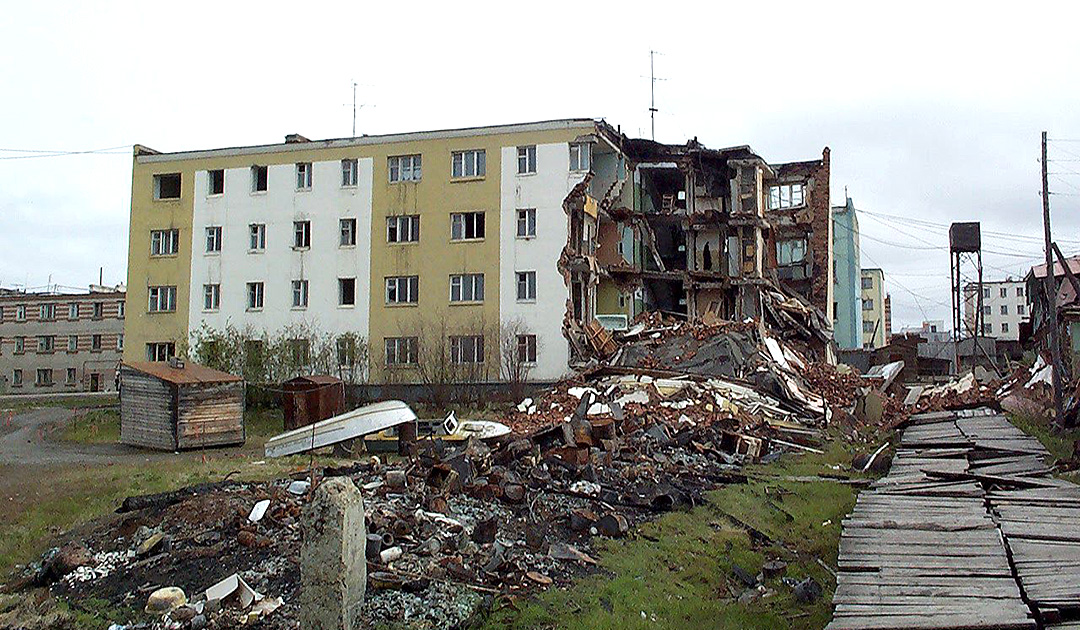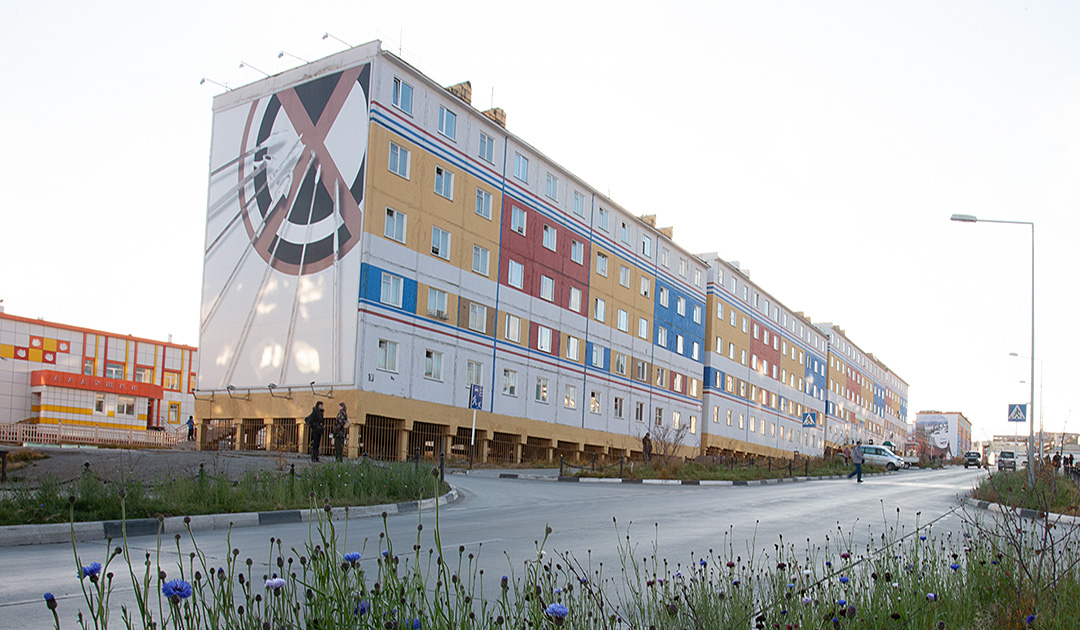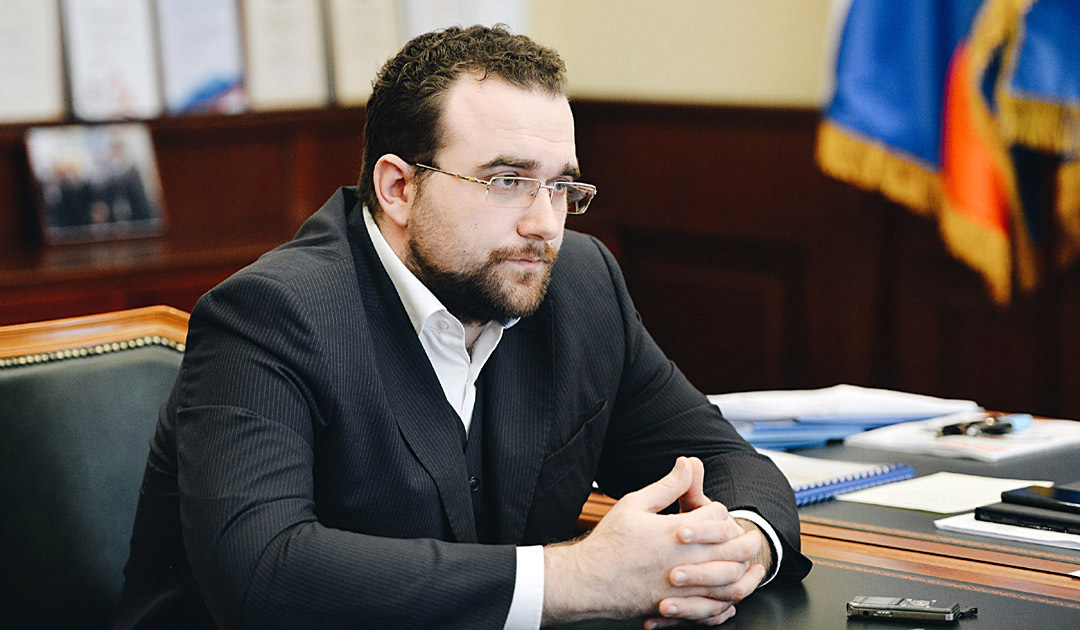
Global warming is showing its dramatic effects, especially in the Arctic. According to the latest calculations, the direct damage caused by global warming in the Russian Arctic could be as high as 9 trillion rubles (about 100 billion euros) by 2050. This was announced by the first deputy head of the Ministry of Development of the Russian Far East, Alexander Krutikov.

Krutikov made it clear that this is direct damage caused by the loss of buildings, roads and infrastructure in the Arctic. “This is the assessment of the calculations that already have a scientific basis,” said Alexander Krutikov.
The strategy approved by President Vladimir Putin to develop the Arctic zone and ensure national security for the period up to 2035 involves the development of a unified system. State environmental monitoring is used using state-of-the-art information and communication technologies.
According to Alexander Krutikov, the monitoring system should be operational within one month. “In order to minimise these losses and, in particular, to protect the lives and health of citizens, it is necessary to establish a full monitoring system. The project of such a system will be completed next month. We are talking about the creation of a monitoring system throughout the Arctic, a network of permafrost stations and permafrost commissions,” Krutikov added.

Record heat in the Russian Arctic
In terms of summer temperatures, the year 2020 will make you forget everything that happened earlier. An unusually long heat wave had gripped the Russian Arctic for several weeks. The thermometers in the small Russian town of Verkhovyansk had recorded temperatures of 38 °Celsius on June 20, 2020. This record high is an indication that Earth is warming rapidly and continuously. Since measurements began in 1881, summer temperatures in the Russian Arctic have never been as high as they are today. In recent years, the effects of such heat waves have become increasingly apparent. And temperature records are also continuing into the months of October and November, as Roshydromet reports.
Fires were also raging in the Russian Arctic. The excessively warm spring dried up both the soil and the vegetation. At the beginning of June, more than 12 million hectares were engulfed in flames, according to the Russian Forestry Service.

Melting permafrost
The higher temperatures have a serious impact on permafrost, which is thawing rapidly throughout the region. The permafrost soils defrost and turn into swamps, lakes dry out slowly or seep in. And that’s just the short-term damage.
The permafrost soil in Yakutia and other regions of Russia has an ice content of up to 80 percent. This makes matters even more sensitive. As the soil thaws and becomes unstable, entire cities and their infrastructure are at risk.
In addition, the defrosting soil releases climate-damaging greenhouse gases, resulting in a loop effect. These gases amplify the greenhouse effect in the atmosphere. So melting increases and accelerates.
Heiner Kubny, PolarJournal





